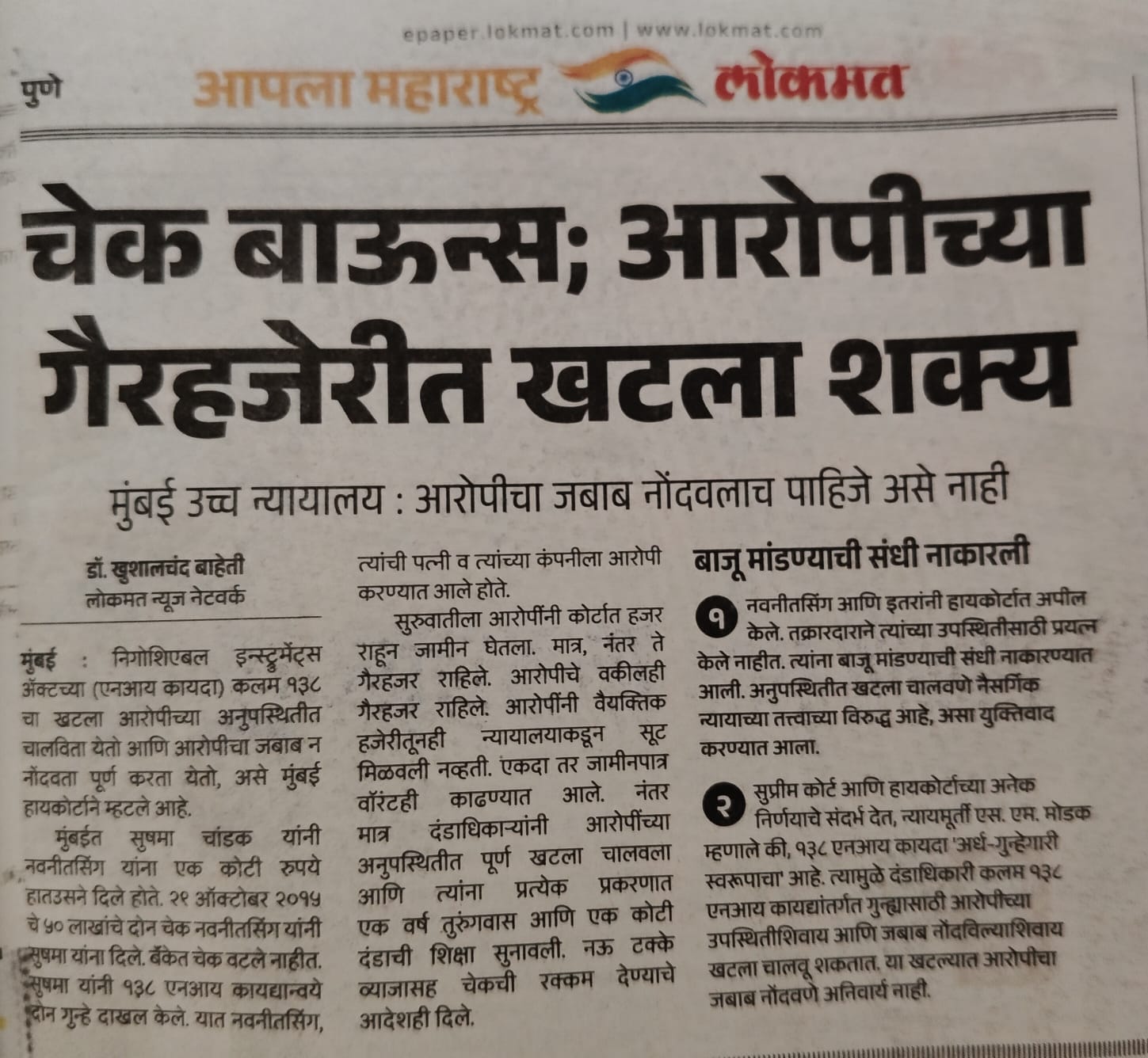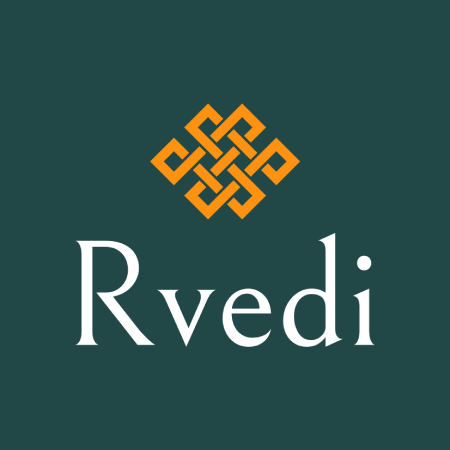
Safe FD Investment: Lokmanya Multipurpose Cooperative Societies. High Risk, High Returns
Lokmanya Multipurpose Cooperative Society: 9% interest rate on fixed deposits; best returns in year 2025; high risk, high returns.
• Chart Comparing Fixed deposits Interest rates of Lokmanya Multipurpose Cooperative Society to the rates of other nationalized banks of India in the year 2025
| Bank Name | Years | Interest Rate | Senior Citizens |
| Bank of India | 1 Years | 6.50 | 7.25 |
| State Bank of India | 1 Years | 6.40 | 6.90 |
| HDFC Bank | 1 Years | 7.20 | 7.50 |
| ICICI Bank | 1 Year | 6.90 | 7.50 |
| Axis Bank | 1 Year | 5.75 | 7.40 |
| Kotak Mahindra Bank | 1 Year | 6.40 | 7.20 |
| Multipurpose C-op Society | 1 Year | 9.00 | 9.50 |
Introduction:
A fixed deposit (FD) is a safe and profitable investment option. In this case, the investor keeps his deposit amount in a bank or financial institution for a fixed period of time, and the bank pays interest on that amount.
Today, both cooperative societies and nationalized banks offer FDs. Both types of institutions have their own features and disadvantages.
List of Insured Banks which are under Deposit Insurance and Credit Guarantee Corporation (DICGC)
Click Here to Find List
Public and Private Sector Bank Chart List Year 2025:
| Serial No | Public Sector Bank | Private Sector Bank |
| 1 | BANK OF BARODA | Axis Bank |
| 2 | BANK OF INDIA | HDFC Bank |
| 3 | BANK OF MAHARASHTRA | Bandhan Bank |
| 4 | CANARA BANK | DCB Bank |
| 5 | CENTRAL BANK OF INDIA | Dhanlaximi Bank |
| 6 | INDIAN BANK | ICICI Bank |
| 7 | INDIAN OVERSEAS BANK | IDBI Bank |
| 8 | PUNJAB AND SIND BANK | IDFC Bank |
| 9 | Punjab National BANK | Yes Bank |
| 10 | State Bank BANK OF INDIA | Fedral Bank |
| 11 | UCO BANK | RBL BANK |
| 12 | UNION BANK OF INDIA | KOTAK MAHINDRA |
FD in Cooperative Societies
Cooperative societies generally offer higher interest rates than nationalized banks. For example, Lokmanya Multipurpose Co-Op Society Ltd. offers an FD interest rate of 9% per annum, while it is 7.20% per annum in nationalized banks.
However, there are also some risks associated with investing in FDs in cooperative societies. The financial performance of cooperative societies may be less strong than that of nationalized banks. If a cooperative society goes bankrupt, investors are only insured up to ₹1 lakh of their deposit.
Lokmanya Multipurpose Cooperative Society FAQS
1. What is Lokmanya Society?
Lokmanya Society is a multi-state, multi-purpose cooperative society established in 1994. Its headquarters is located in Pune, Maharashtra. Lokmanya Society has 213 branches across four states: Karnataka, Maharashtra, Goa, and Delhi.
2. What does Lokmanya Society offer?
Lokmanya Society provides a range of financial services, including: Fixed Deposit, Recurring deposits, Pigmy Deposit, Insurance, Loans, Mutual Fund
3. What is the eligibility for Lokmanya Society?
Eligibility for Lokmanya Society involves a straightforward process. You only need to fill out an application form and submit the required documents.
4. What are the charges for Lokmanya Society?
The charges for Lokmanya Society are competitive. You can inquire about the details of charges on our website or at our branch.
5. How is the customer service of Lokmanya Society?
The customer service of Lokmanya Society is excellent. Our employees are ready to efficiently resolve every query you may have.
6. What are the contact details for Lokmanya Society?
You can find the contact details for Lokmanya Society on our website or at our branch.
7. What is the website link for Lokmanya Society?
You can find the link to our website on our social media pages or through a Google search.
8. What are the social media pages for Lokmanya Society?
Lokmanya Society has social media pages on Facebook, Twitter, Instagram, and LinkedIn. You can follow these pages to stay updated on our latest offers and updates.
FD in Nationalized Banks
The biggest advantage of investing in FDs in nationalized banks is that these banks are more secure. Nationalized banks are regulated by the Reserve Bank of India (RBI) and have a strong financial position.
The interest rate on FDs in nationalized banks is lower than that in cooperative societies. However, investing in these banks involves lower risk.
Which option is better for FD's?
Both cooperative societies and nationalized banks have their own advantages and disadvantages for FDs. Investors can consider the following factors when choosing the best option for them:
Interest rate: Interest rates are higher in cooperative societies than in nationalized banks.
Security: Nationalized banks are more secure.
Other facilities: Some cooperative societies also offer other facilities, such as free chequebook, ATM card, etc.
Trusted nationalized Banks under the Reserve Bank of India
In the year 2025, the Reserve Bank of India recognized the following nationalized banks as trustworthy:
| State Bank of India (SBI) | State Bank of India (SBI) |
| Bank of India (BOI) | Bank of India (BOI) |
| Punjab National Bank (PNB) | Punjab National Bank (PNB) |
| Indian Overseas Bank (IOB) | Indian Overseas Bank (IOB) |
| Bank of Maharashtra (BoM) | Bank of Maharashtra (BoM) |
| Bank of Bengal (BoB) | Bank of Bengal (BoB) |
| Union Bank of India (UBI) | Union Bank of India (UBI) |
| Bank of Indiain Overseas (BOI) | Bank of Indiain Overseas (BOI) |
| Indian Bank (IB) | Indian Bank (IB) |
| Allahabad Bank (Allahabad Bank) | Allahabad Bank (Allahabad Bank) |
| Bank of Baroda (BoB) | Bank of Baroda (BoB) |
| Punjab & Sind Bank | Central Bank of India |
| Central Bank of India | Indian Banking Corporation |
These banks offer secure investment options with high financial stability and reliability.
Additional Information
The Reserve Bank of India (RBI) has a list of all the cooperative societies that are registered with it. This list can be found on the RBI website. Investors should check the RBI list before investing in a cooperative society.
The RBI also has a scheme called the Deposit Insurance and Credit Guarantee Corporation (DICGC). This scheme provides insurance for deposits up to ₹5 lakh in case a bank or cooperative society goes bankrupt.
Investors should carefully consider all the factors mentioned in this blog before making a decision about where to invest their money.
Your investment goals: What are you hoping to achieve with your investment?
The term of your investment: How long do you plan to keep your money invested?
The fees and charges associated with the investment: What are the costs of investing in a particular bank or cooperative institution?
RVEDI hopes this information helps you make an informed decision about where to invest your money.Disclaimer: I am not a financial advisor, and this information should not be taken as financial advice. Please consult with a qualified financial advisor before making any investment decisions.
Recent Posts
-

-

Cheque Bounce Case: Bombay High Court’s New Guidelines on Absentee Accused
-

Top Tile Dealers in Pune | Premium Antiek Tiles for Home & Office | 2025
-

Tata Play Balance Lock: Secure Your Subscription with Ease and Enjoy Hassle-Free Entertainment
-

Advocate, Lawyers, Vakil in Pune Court | Legal Services Near You
-

100% Natural Cure for Mulvyadh (Piles), Fissure, and Bhagandar (Fistula): Quick Relief Without Medication in 4-30 Days







